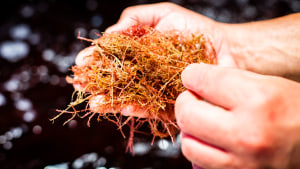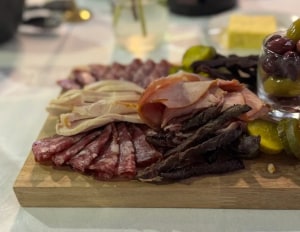Krones, a global machinery supplier to breweries, beverage bottlers, and food producers, is leveraging UltiMaker’s 3D printing technology to produce spare parts on demand. By deploying nearly 50 UltiMaker printers across more than 10 locations, Krones aims to minimise machine downtime, accelerate part production, and enhance efficiency for its customers.
Serving major manufacturers like Coca-Cola and Heineken, Krones uses these printers to create cost-effective, lightweight, and customisable 3D-printed components tailored to specific production needs, such as flexibility or ESD-safety. Traditional outsourcing methods were expensive and time-consuming, often taking weeks. With UltiMaker’s system, prototypes and spare parts can now be produced in hours, enabling quicker design iterations and improved part performance.
Krones also offers on-site 3D printing through its online platform, Krones.shop, where customers can order spare parts for local production. This significantly reduces delivery times and the need for large spare parts inventories.
Bernd Baldauf, head of global eBusiness at Krones, stated, “Our goal is to grow closer to our customers and become their solution partner, providing rapid, high-quality parts on demand, and continuously improving our service offerings in Krones quality.”
The recent addition of UltiMaker’s Factor 4 printer has further expanded Krones’ capabilities. The printer’s direct drive printhead and high-temperature printing support stronger and more flexible materials like UltiMaker’s PPS CF, which can substitute for PEEK or steel. Johannes Karl, head of customer 3D solutions at Krones, expressed excitement about the Factor 4’s potential, noting it allows for the production of tougher and more flexible parts.






